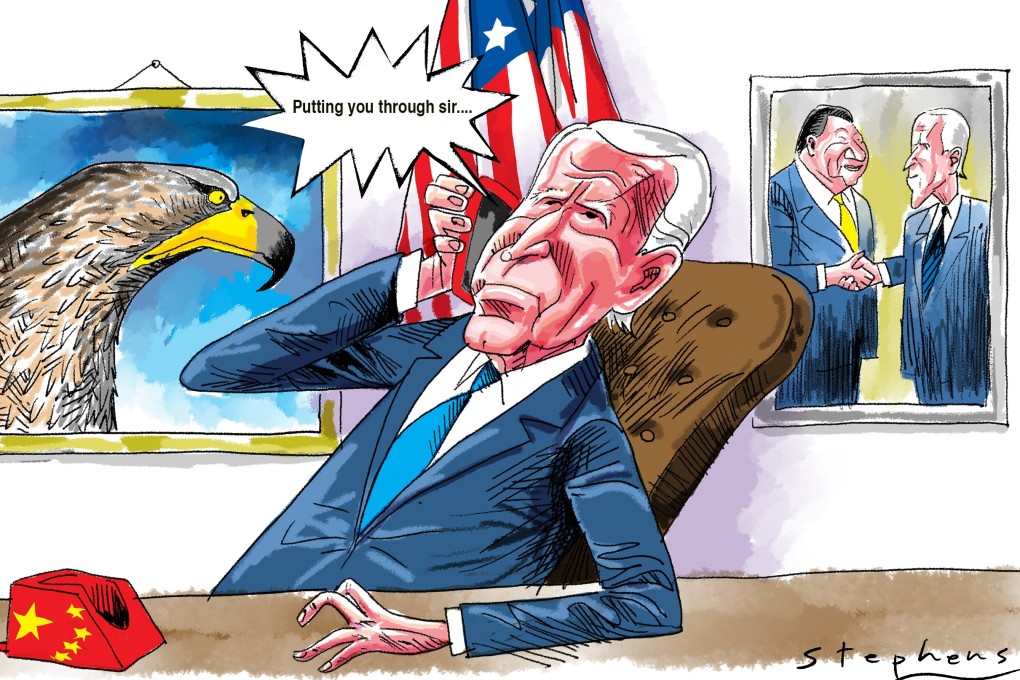Opinion | US-China relations: Trump fury is gone but Joe Biden more than capable of talking tough
- Despite his declared friendship with Xi Jinping, a look at the US president-elect’s career in Congress shows he has a deep background as a China hawk
- Biden is likely to conduct the US-China relationship with more composure than his predecessor, but the bombast of the Trump era will not go away completely

Biden’s rhetoric has given support to two competing interpretations of his likely policies towards China and its leader. On one hand, he has highlighted his personal background with Xi, with whom he cultivated a relationship when both served as vice-president.
Biden has touted this experience, including in a 2018 speech at the Council on Foreign Relations where he said, “I’ve spent more time in private meetings with Xi Jinping than any world leader.”

03:58
People on the streets of Beijing react to Biden's US presidential election victory over Trump
Both of these ended with Obama and Trump praising the establishment of a solid relationship with their Chinese counterpart, only to later become frustrated as this relationship failed to bear fruit when it came to actually solving issues.
